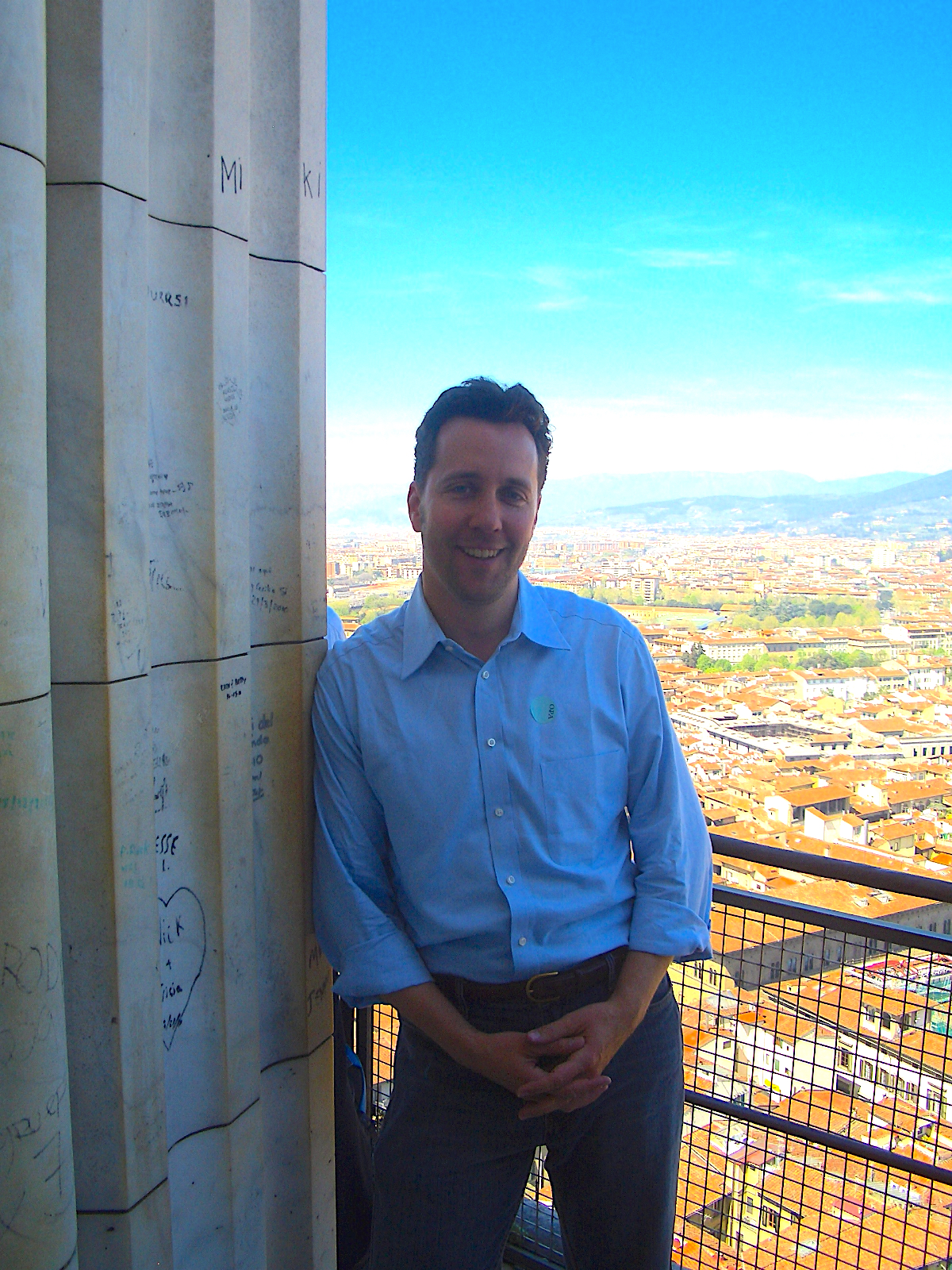Inside Jihad: How Radical Islam Works; Why It Should Terrify Us; How to Defeat It
By Tawfik Hamid
Mountain Lake Press, Updated edition, 2015
Dr. Tawfik Hamid is a unique figure. A medical doctor from the University of Cairo, Dr. Hamid was inducted into an Egyptian jihadist group by Dr. Ayman al-Zawahiri himself – the very man who succeeded Osama bin Laden as leader of al Qaeda. Dr. Hamid, who also has training in cognitive psychology, began to recognize the techniques used by Zawahiri and others like him to take idealistic young Muslims and shape them into brutal killers, reacted against the negative effect that that process had had on his critical thinking skills and, indeed, on his humanity and begining a process of “debrainwashing” himself and beginning to analyze with a fresh perspective some of his previous assumptions and beliefs.
Thirty-some years later, Dr. Hamid has written an insider account of his journey, which includes a detailed explication of the tactics used by Islamist recruiters, a critique both of the Muslim world that has allowed Islamic terrorism to thrive and of the failing response to date on the part of the West to radical Islam, and ends with a call for reform of Islam, a call that has recently been echoed by others in the Washington, DC, policy community. His book is Inside Jihad: How Radical Islam Works, Why It Should Terrify Us, And How To Defeat It.
Dr. Hamid argues that the current strategy followed by the United States, and by the West in general, toward Islam is clearly not working. He asserts that political correctness as well as a misguided approach to multiculturalism, which deems any criticism of Islam to be “Islamophobic”, is part of the problem, as it keeps the West from having a necessary conversation about what is truly wrong with Islam and therefore from being able to develop a truly effective strategy to combat it. Dr. Hamid traces the global spread of Salafist ideology over the past few decades, a story in which Saudi Arabia plays a key role, detailing its widespread use within textbooks used to educate young Muslims, and painting a grim (but, sadly, accurate) picture of the level of support that exists for Salafist ideology throughout the Muslim world – not just in the Middle East, but among Muslims in Europe, the UK, Canada, the United States, and elsewhere.
He takes to task those scholars such as Karen Armstrong, a well known religion scholar who takes a very benign view on the nature of Islam, who argue that Islam is an inherently peaceful religion, and that Islamic terror is undertaken by those who misunderstand the teachings and traditions of Islam and who are not truly Muslim. As Dr. Hamid convincingly argues, such issues as intolerance of all non-Muslims (the Quranic passages labeling all Jews as “apes and pigs” spring to mind), violence toward all non-Muslims, the mistreatment of women, the stoning of homosexuals, and the obligation of all Muslims to engage in violent jihad against the non-Muslim world does, indeed, find ample justification within both the Quran and the hadiths. And in response to those who argue that most mainstream Muslim legal scholars repudiate Salafist tenets, he cites numerous mainstream scholars of Islamic law, as well as numerous senior Muslim clerics, whose views support the violent, xenophobic, interpretation of Quranic passages and the hadiths from which jihadist groups find their inspiration.
Related to this, Dr. Hamid effectively addresses the claims of progressives that Islamic terrorism is rooted in social ills such as unemployment, lack of education, poverty, etc. In response to the claim that poverty is a root cause, he notes that “if poverty is a root cause of Islamic terrorism, we would have seen the majority of jihadists hail from a low socioeconomic status and from the poorest Islamic countries. . .” and that while “terrorism is related to poverty, its role is one of facilitation, not origination.” He goes on to argue that:
We must be sure to identify Islamism as the principle source of terrorism. When poor nations fail to produce terrorists, while Islamic societies spawn them in large numbers [this should force us to recognize that] we must devote the bulk of our resources to fighting jihadist ideology.
In like manner, he challenges similar progressive claims, that the Islamic terrorism is caused by such factors as lack of educational opportunities (noting that most jihadist leaders are extremely well educated), discrimination against Muslims on the part of the West, Western colonialism and imperialism, and the Arab-Israeli conflict, or that it is a response to US foreign policy. On each count, Dr. Hamid provides an extremely effective counter-narrative, appealing to facts, history, logic, and his own, powerful experience to illustrate that the prominent narrative found among many Western pundits today is not a satisfactory explanation for the root causes of Islamic terror. He argues that it is vital to counter the predominant narrative about the root causes of Islamic terror because (using a medical analogy) the misdiagnosis of a disease prevents the finding of a cure:
Terrorism is only a symptom . . . Salafism is the abscess afflicting the whole body of the Muslim world. Islam is not sick because of the abscess; the abscess exists because Islam is sick. If we do not understand this distinction, we will continue to treat the symptom and not the disease; the abscess will persist and become more severe.
His persuasive argument that Salafist principles enjoy much broader support within the Muslim world than most in the West would like to believe is the case (and this includes support for Islamic terrorism), is extremely sobering.
Turning to the West, here, too, the failures Dr. Hamid identifies are not what one would necessarily expect. He charges that “at this point in history the West is losing the struggle against radical Islam”, and “unless the situation is reversed, and the threat of jihad is eliminated, millions more peaceful and peace-loving people in the world will soon find themselves at risk because their governments have failed to protect them.” One area he identifies for criticism is appeasement of Salafist Islam on the part of Western leaders, taken from a misguided sense of political correctness. He points out that such appeasement only strengthens the Islamists in their determination to reject the values of Western societies, to undermine those societies and to transform them into societies in which Salafist ideology is the governing framework. Dr. Hamid states unambiguously that:
The two systems cannot exist together peacefully. . . . . Our democratic societies today promote values that respect life and liberty. Salafists promote values of slavery, inequality and hatred of life – indeed, radical Islam . . . extols the glories of martyrdom, particularly of dying while killing the infidel. . . . Evil cannot be tolerated if peace is the goal.
It is clear from his writing that Dr. Hamid is an unabashed defender of Western civilization, and that he believes strongly that not only is Western civilization under attack from the virulent Salafist form of Islam but that it is worth defending. Implicit in his book is the question as to whether Western leaders themselves believe their own civilization to be worth defending. The purpose of his book was not to analyze why this may be the case, but it is nevertheless relevant to note that one of the primary reasons that the West is particularly vulnerable at this point in time to the challenge it is facing from Islamism is due to the growing acceptance in our culture, and the almost complete dominance of this train of thought in the past few decades among progressives, of “Critical Theory”, promulgated by the Frankfurt School and spread throughout the academy in Europe and in North America. In short, Critical Theory involves a rejection of the bases and distinctive characteristics of Western civilization and a nearly wholesale condemnation of its history, which has had the effect of undermining the belief of much of our population, including that of our political leaders, that the West is morally worthy of defending. The West’s ability to effectively counter the powerful appeal of the meta-narrative espoused by Salafist Islam will in all likelihood be fatally weakened if the West lacks the moral self-confidence to forcefully offer an alternative vision based upon equality, freedom and human dignity.
Near the end of his book, Dr. Hamid calls for a theologically rigorous reform of Islam that reinterprets its principles in a manner which undermines Salafist interpretations and makes Islam more amenable to “peaceful coexistence” with the rest of the world. While acknowledging the many barriers to such a reformation, he contends that unless such a reformation takes place, there appears to be little chance of healing the illness of Salafist ideology that has infected the Islamic world. One point here particularly worth highlighting is the author’s assertion that Islam currently offers inadequate criteria for measuring virtue. He notes that the Five Pillars of Islam (accepting no God but Allah and Mohammad as his prophet, praying five times daily, fasting during Ramadan, giving alms to the poor, and performing the hajj) are primarily ritual acts, which goes far toward explaining why jihadists who make these five pillars part of their lives can still be thought of by fellow Muslims as being “good Muslims”. He suggests that, “If the moral structure of a Muslim’s worldview were built on humane values rather than on ritual, it would help pave the way for a more peaceful Islam.”
Inside Jihad has many strengths, one of which is its ability to counter the prevailing narrative among Western policy-makers, media pundits and academics that Islam, as it is currently practiced, is inherently a “religion of peace”. It is difficult to dismiss the testimony of one who has been there, who has participated in a jihadist organization (particularly when that individual was inducted into his jihadist group by no less a personage that Zawahiri) and who has the educational and professional background to objectively and dispassionately assess why Salafist ideology has the broad appeal it currently has throughout the Muslim world and what can be done about it. Inside Jihad is a must read for anyone seeking to better understand radical Islam, the reasons why this malignancy has found a fertile environment within the Muslim world, and the failures of the West in crafting an effective counter-narrative. The natural follow on for concerned citizens is to begin to examine the historical foundations of Western civilization and why, despite its admitted faults, that civilization is worth defending.
Paul Coyer is a member of the International Institute of Strategic Studies and is a research professor at the Institute of World Politics who covers foreign policy issues, especially on Eurasia, for Forbes. After earning his MA in theology from Yale Divinity School, he studied at the London School of Economics & Political Science, where he completed an MA in the international history of East Asia and a PhD focused on the role Congress played and US domestic politics in shaping the opening to China under President Nixon and its development under Presidents Ford and Carter.
Photo Credit: Islamic State militants in Iraq






